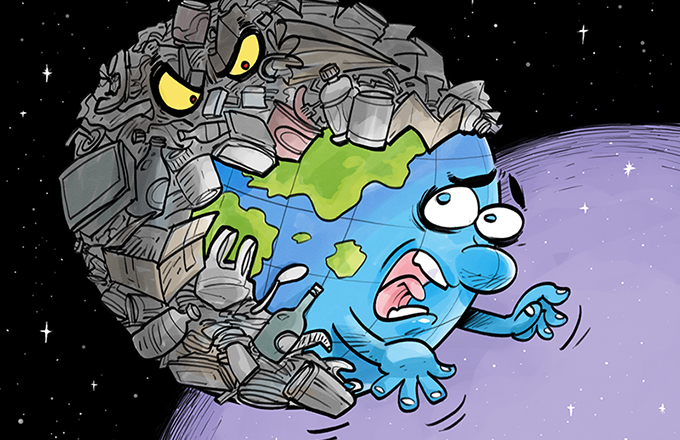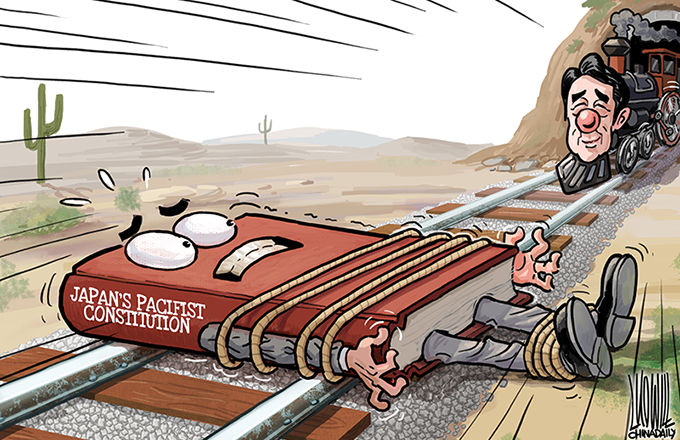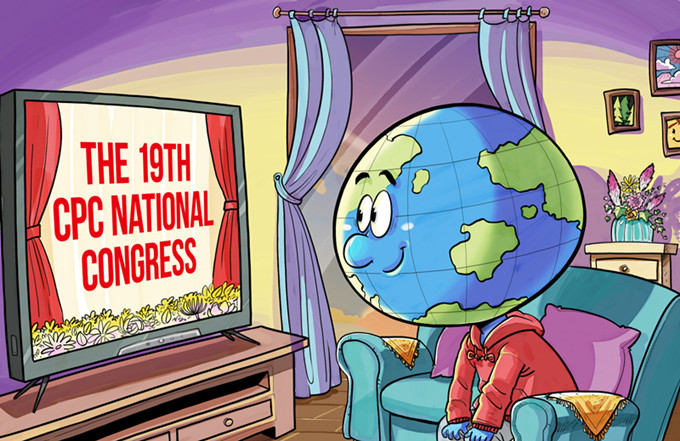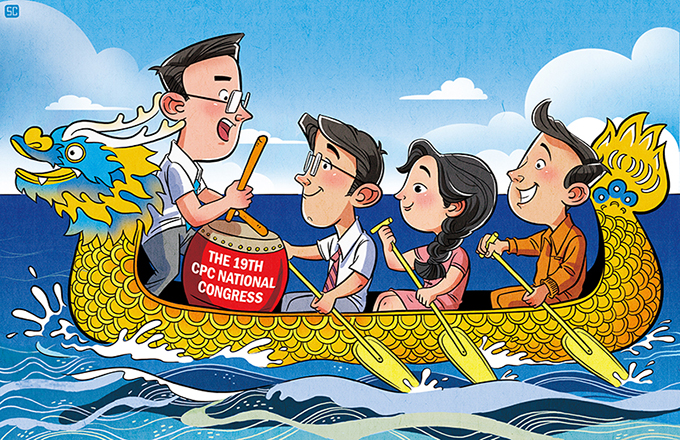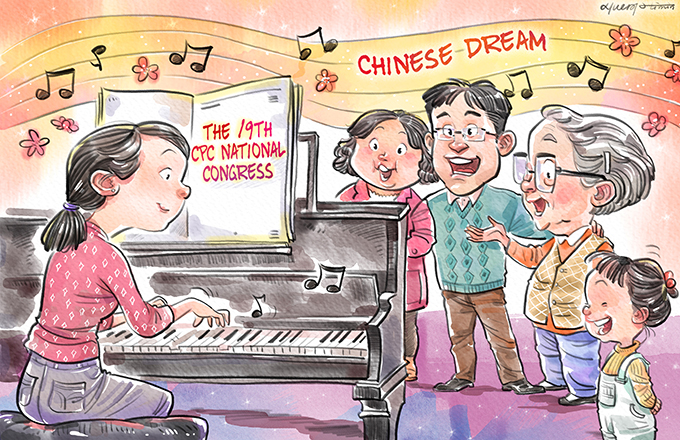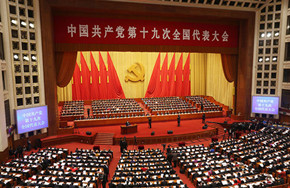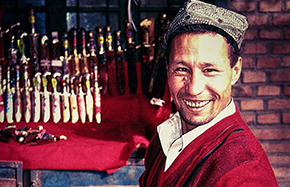Commemoration of Nanjing Massacre in Canada matters
 |
|
Soo Wong (C), a member of Provincial Parliament of Canada's Ontario, celebrates her motion approved with colleagues at the provincial parliament in Toronto, Canada, on Oct 26, 2017. Canada's Ontario provincial parliament Thursday passed a motion designating Nanjing Massacre Commemorative Day to commemorate the mass killing of 300,000 Chinese by Japanese troops in Nanjing during World War II. [Photo/Xinhua] |
Manitoba became the second province in Canada to propose recognizing and commemorating the Nanjing Massacre when its legislature passed the second reading of the Nanjing Massacre Commemorative Day Act, or Bill 233, on Thursday, immediately after the Ontario provincial parliament passed a motion to do the same.
Motion 66 was passed in the Ontario provincial parliament, if enacted into law it will establish Dec 13 as Nanjing Massacre Commemoration Day. This would be the first of its kind in a Western country, and Canada would become the first Western country where a day has been designated to commemorate the tragedy, in which invading Japanese forces massacred more than 300,000 Chinese civilians and disarmed combatants over six weeks in December 1937 and January 1938, after their capture of the city.
What the two Canadian provinces have done is, first of all, of significance to ensure the world remembers the victims of the atrocity, but it can also serve to facilitate the elimination of the militarist mindset in Japan.
The immediate onset of Cold War after the end of World War II turned the defeated Japan into an ally of the United States, which helped to shield it from completely reflecting on its war crimes. That explains why some of its war criminals failed to get the punishment they deserved for the crimes they committed, and also why there have always been some Japanese politicians, who have tried their best to whitewash what the invading Japanese forces did to their neighbors.
To commemorate the Nanjing Massacre-one of the most heinous war crimes Japanese invading forces committed during their invasion of Asian countries-not just in China, but also in other countries, is more than simply just a token gesture to China and many other Asian countries whose people suffered at the hands of the occupying Japanese. It should also help more of the world know what Japanese invading forces did to the countries and peoples they invaded, so that more countries, not just those countries that were victims of Japan's aggression, hold up a mirror to the past so those in Japan who would rewrite history, are unable to do so.
As a result, more people in more countries will hopefully designate imperial Japan's militarism as a stain on history, and exert pressure on those Japanese politicians who shamefully try and peddle a wrong view of history to change their ways. Only when these politicians have the courage to change their attitude toward that part of history and Japan really repents for what its militarist ambitions inflicted on its neighbors will it be possible for it to really reconcile with its neighbors.


